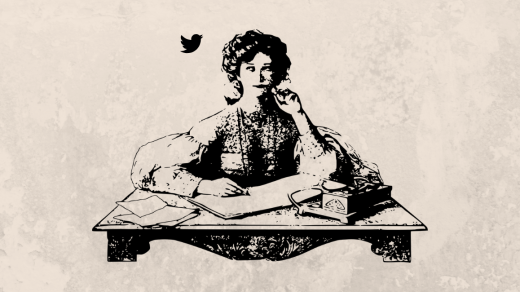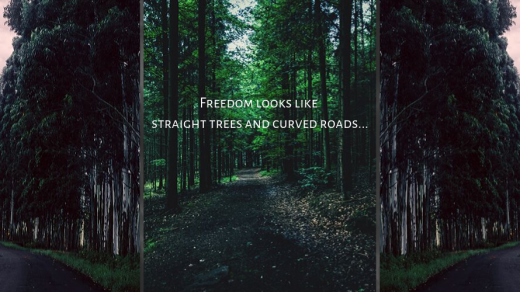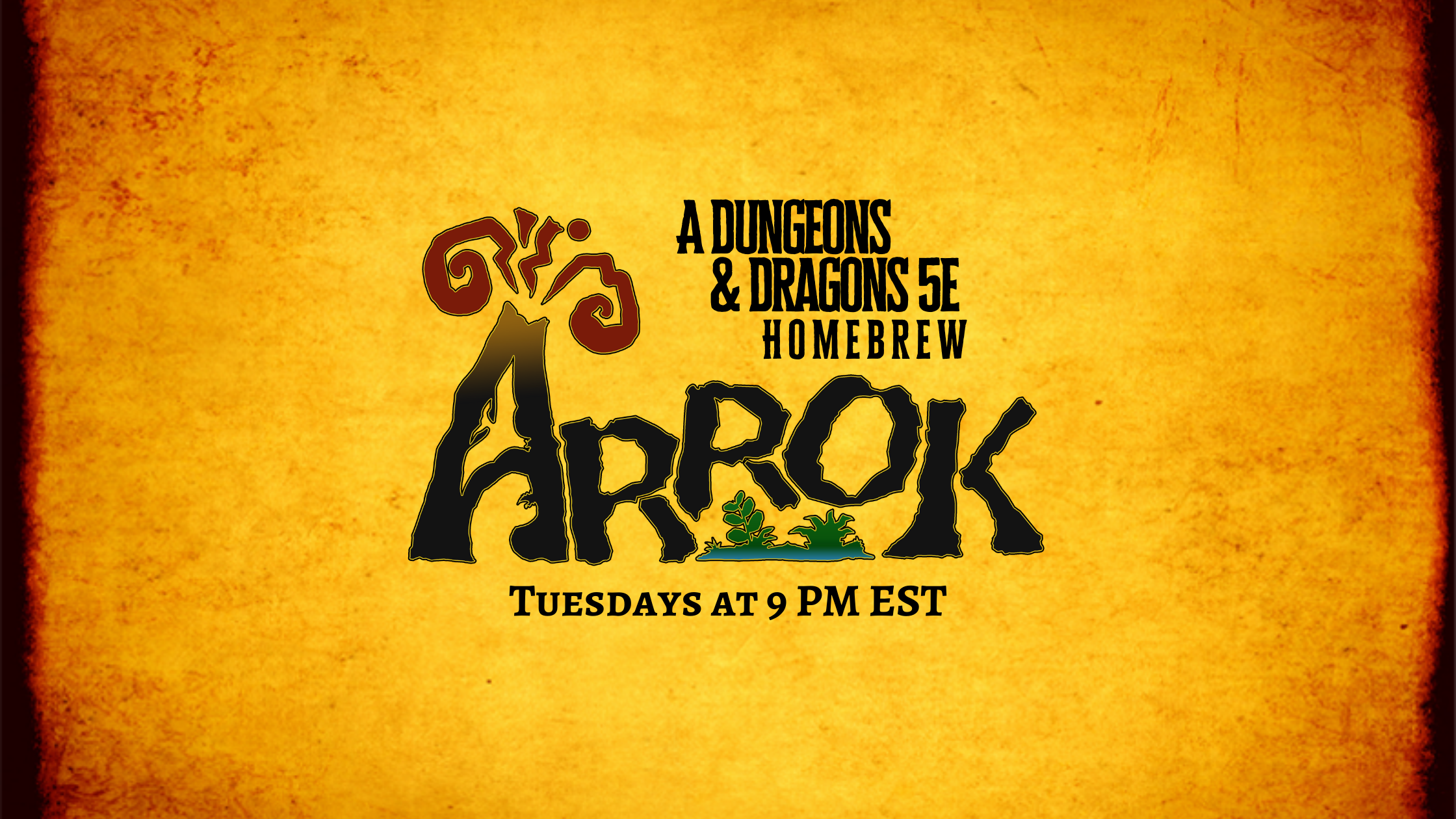Because LTUE (my local symposium) happened last week, I gave my website a once over to update it for any new [insert word that means fans but not exactly since I’m not sure I have those yet] who might want to take a look at the cool stuff I’m doing. And then I remembered that my last blog post was published in 2019. Talk about not up to date.
I suppose you can guess why. 2020 wasn’t exactly a time of clockwork schedules and meeting expectations. And as we’re still exploring the shared trauma of that year, I think we may yet come up with more interesting theories as to why we did or didn’t do what we did during 2020.
Early in 2020, I allowed myself the mercy of letting things slide. This started with letting go all the stuff I did to “promote” myself and my work. In fact, I mostly wanted to forget I existed for the most part as there were so many other things to worry about: human rights, safety and health, adapting to new school and work conditions, finances, new social norms, a health scare, convalescence, mourning, being together but online. And I’ll slap a big old ETC on the end of that because we’re still doing all this and more.
Despite feeling inadequate for much of 2020, I should acknowledge that I have grown in the last year. I’m different, and the strangeness and isolation of 2020 allowed me to make some important discoveries about myself that made me a better writer. In this post, I’ll record a few of those realizations because someone, [insert fans/not fans], might find them interesting or educational.
1. My Body Is Flawed*
I struggle with my energy levels and chronic illness, so it’s been really discouraging to not be able to power through a “full” work day (9-5), and I often blame myself for being “lazy” and “ineffectual” when I don’t achieve my highest standards of efficiency and production. This frustration got worse when my husband started working from home and I kept comparing his work stamina to mine, and it got even worse than that when I got sick and spent a month and a half in bed. While convalescing, I realized I couldn’t keep criticizing myself for what my body couldn’t do, so I started focusing on individualizing my work expectations that were more realistic with what my own body could handle.
I learned that I was most productive in the early mornings and late afternoons and that the moment I eat something carby, my brain turns to mush and I can’t function for a while. (Please don’t diagnose me with anything. I work with my doctor on that.) To mitigate these two truths, I started experimenting with my diet and intermittent fasting, so now I don’t have my first meal (no carbs) until 11 AM, which then combines the time when I can’t properly work anyway with the time I’ll be digesting. Therefore, I relegate busywork (such as emails, chores, or graphic design) to my afternoons, when I don’t need my brain to be operating at peak performance. It also means I can allow myself time to rest in the early afternoons because I won’t get much done anyway, no matter the situation.
2. Creative Energy Is a Resource
I also learned that my creative energy was a finite resource, and that sometimes, I expend way too much on all kinds of activities that aren’t writing for work. Tasks like teaching, tutoring, grading, working on TypeCast RPG, reading, socializing, writing emails, cooking, drawing, or even mourning were largely creative and drew from the same well. I wasn’t getting everything I wanted to accomplish done because I was acting like I had all the abundance of energy. However, what I really needed was to pace myself.
This meant that I needed to clarify my priorities, so I formalized my writing schedule using a planner to visually remind myself to ration my energy. Priorities needed to come first, not just in time spent but in energy expended, and I needed to be realistic and accept when I ran out of juice. This helped me feel less like a failure and more like a human being. I suppose it’s obvious that I shouldn’t expect myself to be a nuclear power plant, but it was a realization that really helped mitigate my self-criticism.
3. I Need Better Metrics
I also learned that I couldn’t use word counts or hours to measure my productivity. Much of what I do involves reading, brainstorming, revising, researching, collaborative discussing, and finding inspiration. This meant that I was constantly failing my goals to “write for three hours” or “write 2000 words,” and often felt as if I “wasted” full workdays because I didn’t hit those arbitrary quotas. Essentially, these frustrating and ineffective metrics were discrediting the work that they couldn’t actually measure, and I needed to shift my perspective.
I’m still working on this one, but so far, it’s a good start knowing that I personally don’t like reducing my writing process to number-oriented goals or trying to quantify my accomplishments. I think I just need to explore daily benchmarks that are more focused on personal satisfaction or creative energy expenditure. This will be interesting to experiment with as I juggle my upcoming deadlines.
4. I Am Self-Motivating
I learned that I am a self-motivating creative. I can thank Sandra Tayler for teaching me this lesson in her online class about structuring your life to support your creative endeavors. I always assumed I needed others to help me accomplish anything – after all, that was the mode I largely operated as a college student, and I thrived in that systematized task/taskmaster relationship. However, after Sandra’s class, I realized that I won’t work on a project unless I want to, and there’s no faster way to make me not want to do something than someone telling me to do it. I guess I am that obstinate child won’t clean their room if told do so. (Some power dynamics can change that, but that’s a more complicated conversation than today’s post.)
This means that no one else can motivate me. That means I need to focus a portion of my energy into making myself WANT to work on projects. That means inspiring myself daily is essential to my writing process. That means learning to find excitement in my projects and maintaining that excitement. That may mean tricking myself, bribing myself, forcing myself, or throwing myself into situations where social anxieties spur good behavior (this one isn’t my favorite). Either way, the task is all on my shoulders, and I need to find ways to do this consistently and maybe even systematically.
I learned a few other lessons about my writing process (like how I can’t write when I’m cold or how mono-tasking helps my anxiety), but these are the top four. Besides everything else it was, 2020 was certainly a year for my personal reflection, and I hope 2021 can serve as a good testing ground for developing some helpful habits pertaining to these.
*This post is not meant as medical advice for anyone who has similar symptoms to me (part of why I do not express the details of my condition). Rather, this is simply a vague reflection over the steps I took to find out how to work around my personal needs. Please consult your own health care provider to help devise an individualized strategy for you.



